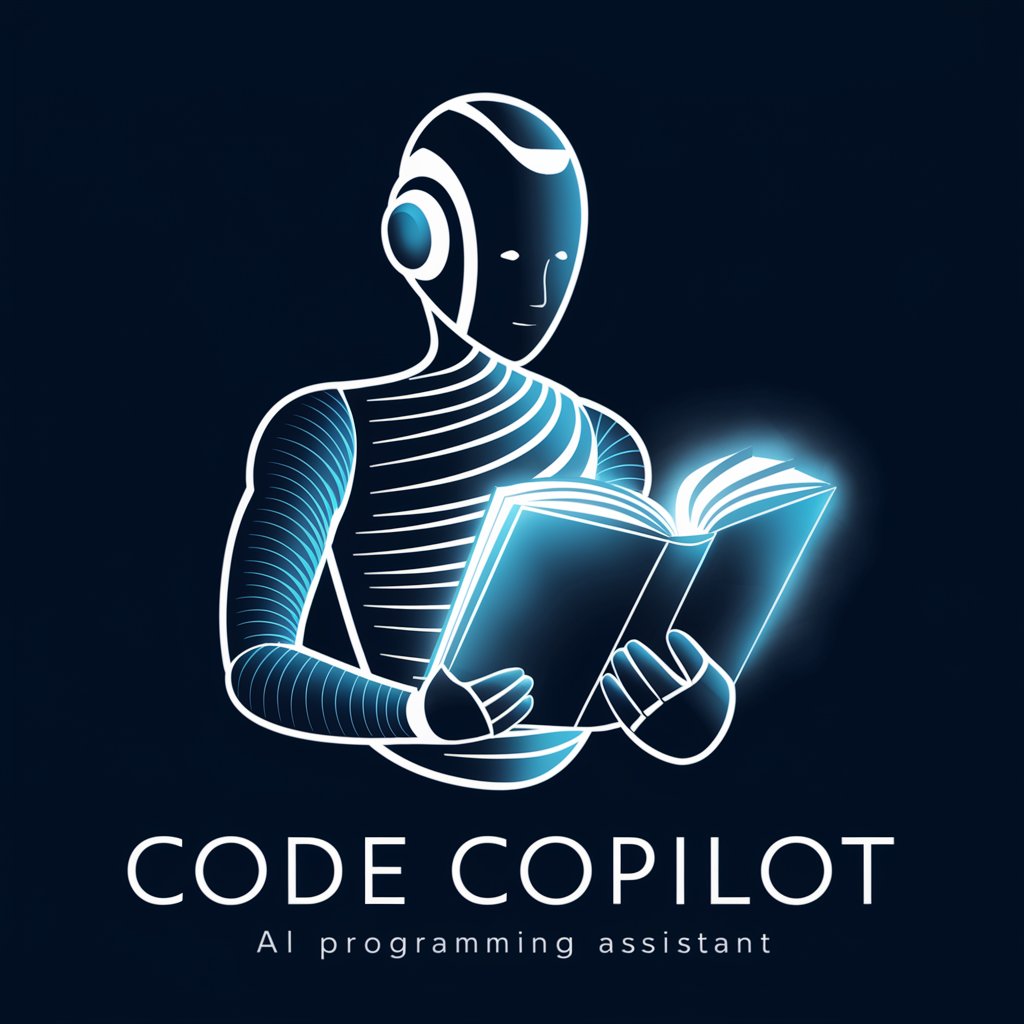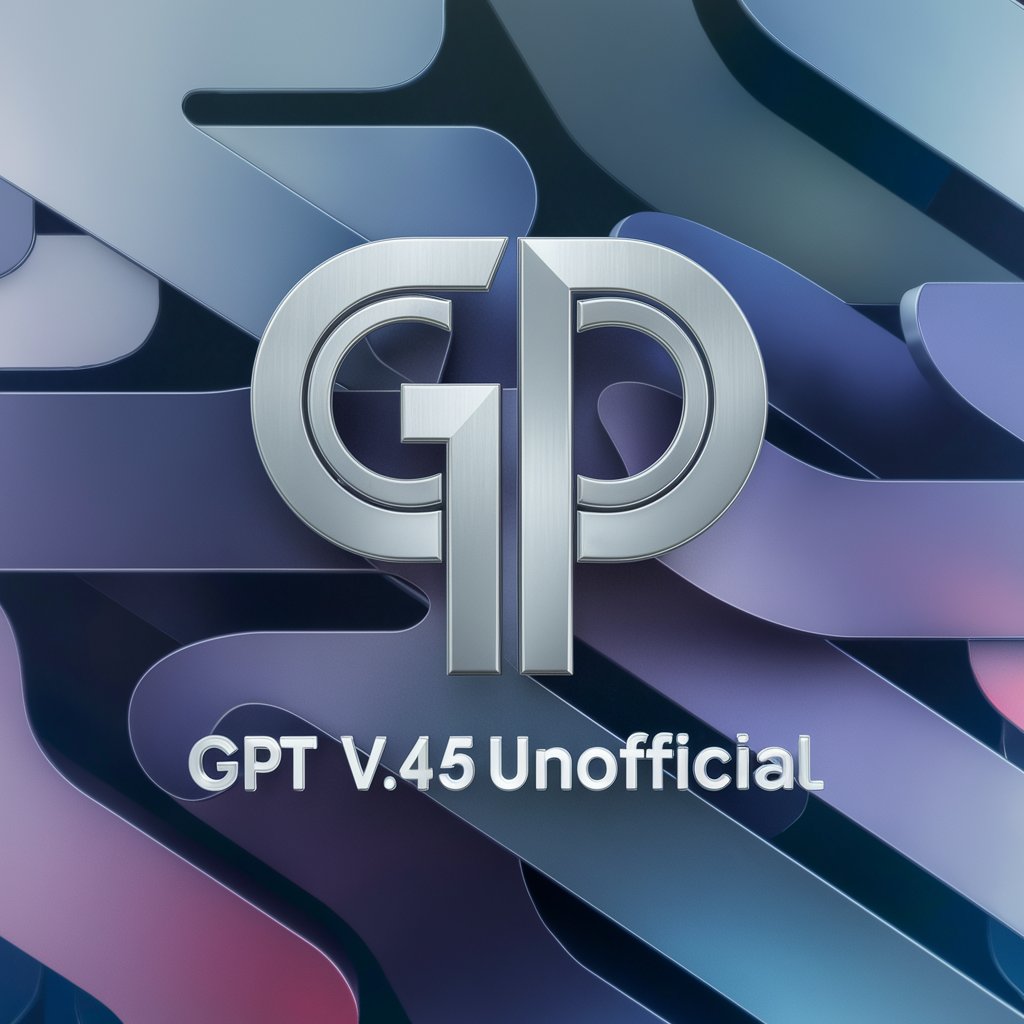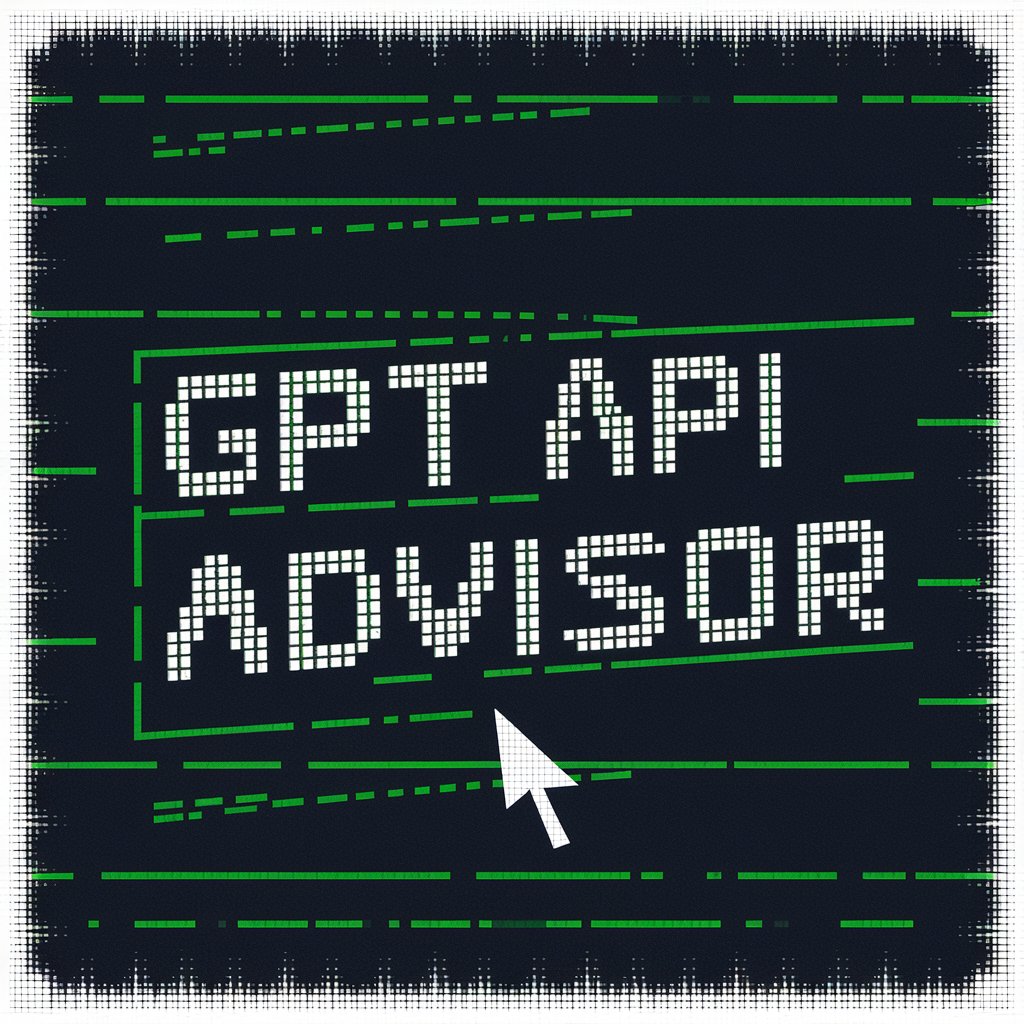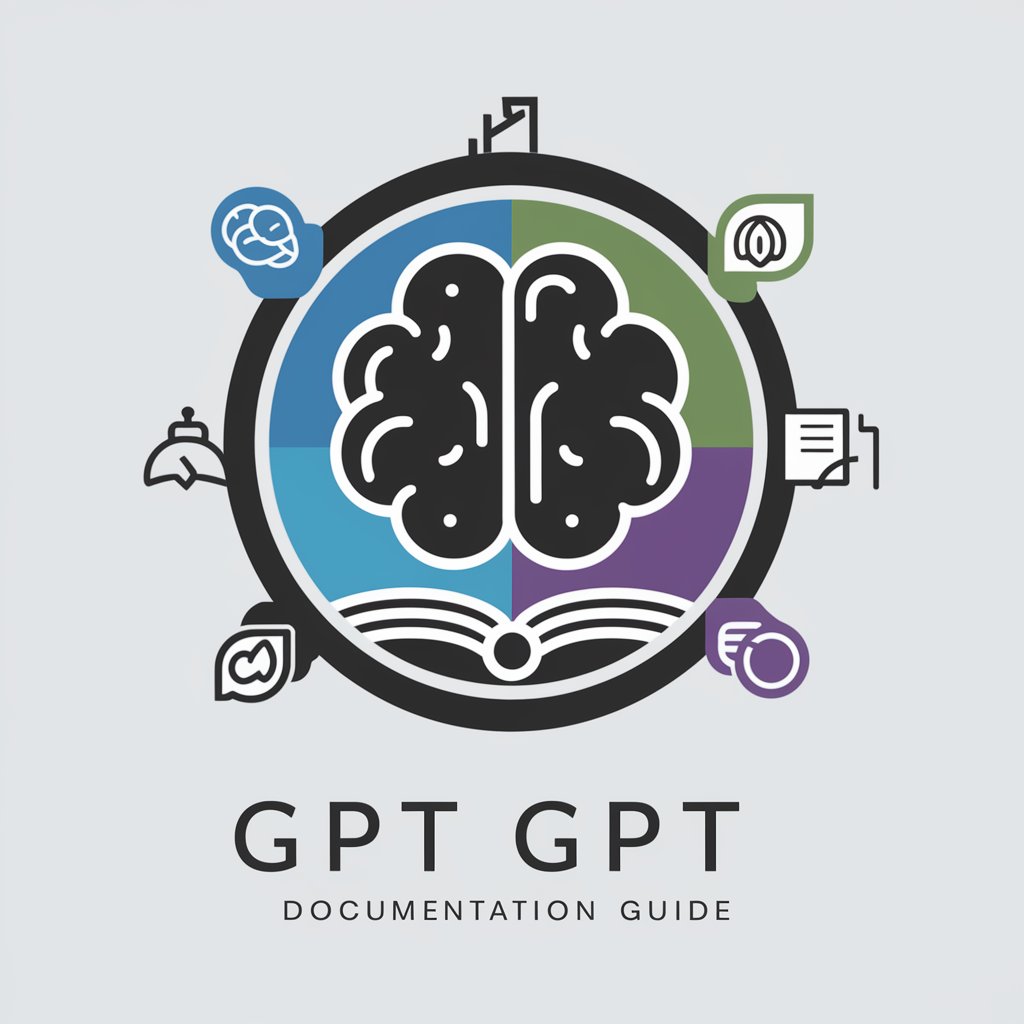
GPT API Code Companion - AI-Powered Coding Tool
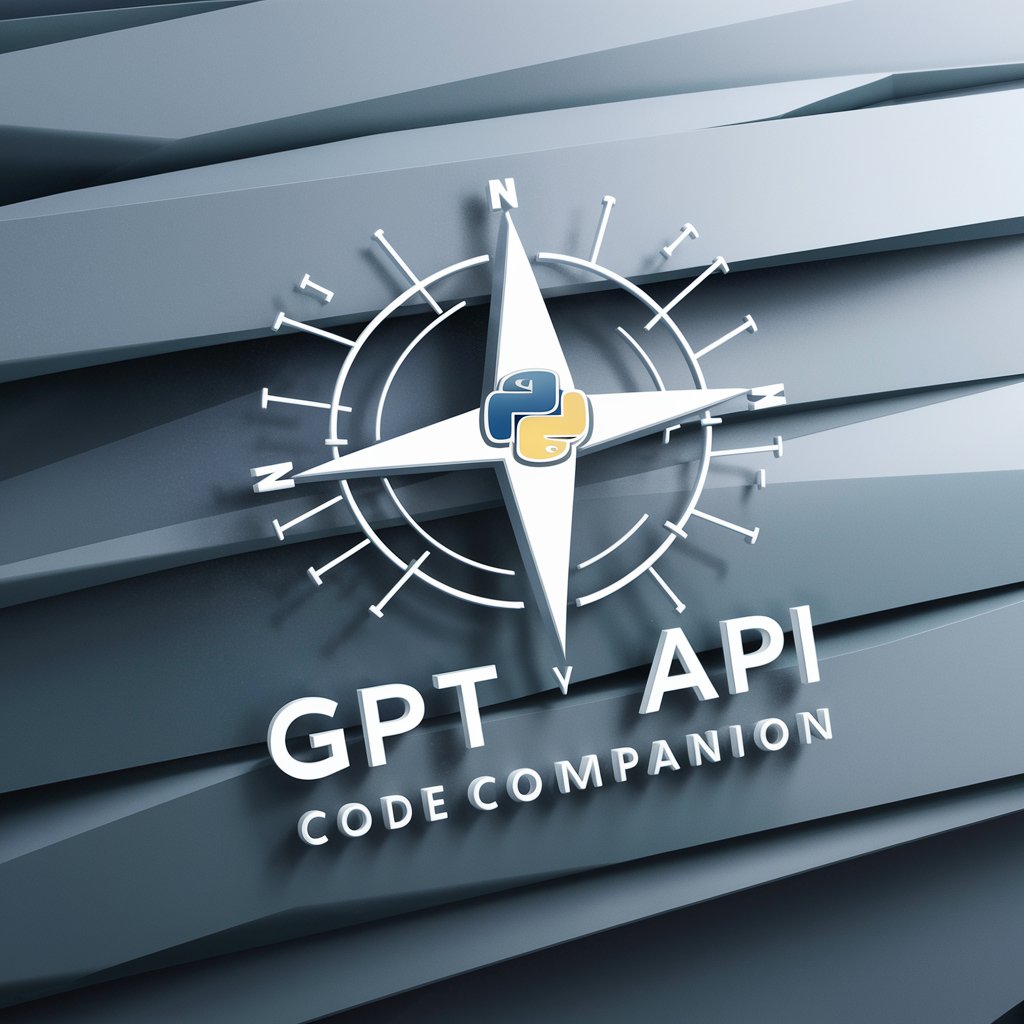
Welcome to GPT API Code Companion!
Elevate Your Code with AI
Explain how to integrate the OpenAI API with a Python application.
Provide a Node.js example for handling OpenAI API responses asynchronously.
Outline best practices for managing OpenAI API keys securely.
Describe the process for streaming responses using the OpenAI Python library.
Get Embed Code
Overview of GPT API Code Companion
GPT API Code Companion is a specialized version of ChatGPT, designed explicitly to assist developers working with the OpenAI API. It focuses on providing expert guidance in Python and Node.js for integrating the OpenAI API into various applications. This includes demonstrating how to construct HTTP requests in multiple programming languages, and offering insights into synchronous and asynchronous usage, streaming responses, and best practices for API key management. The core design purpose of this GPT variant is to simplify and enhance the developer experience when interacting with OpenAI's technology, ensuring a clear, efficient path to successful API integration and usage. Powered by ChatGPT-4o。

Key Functions of GPT API Code Companion
API Integration Guidance
Example
Demonstrating how to use the OpenAI Python library to integrate GPT-3 into a Python application.
Scenario
A developer wants to add natural language processing capabilities to their Python-based chatbot. The GPT API Code Companion can provide step-by-step guidance on how to use the OpenAI Python library for this integration, including code examples and best practices.
HTTP Request Construction
Example
Showcasing the creation of HTTP requests for the OpenAI API using Node.js.
Scenario
In a scenario where a developer is building a Node.js application that requires direct HTTP interactions with the OpenAI API, the GPT API Code Companion can offer detailed examples and explanations on constructing these requests, including header management and response handling.
Asynchronous and Synchronous Usage
Example
Explaining the differences between synchronous and asynchronous calls in the OpenAI API, with code examples in Python.
Scenario
When a developer needs to optimize response times in their application, understanding the differences between synchronous and asynchronous calls becomes vital. The GPT API Code Companion can elucidate these concepts with practical Python examples, showing how to implement each in a real-world application.
Streaming Responses
Example
Guiding on how to handle streaming responses from the OpenAI API for real-time data processing.
Scenario
For applications that require real-time interaction, such as a live chat interface, developers need to handle streaming responses efficiently. The GPT API Code Companion can provide insights into setting up and managing these streams for optimal performance and reliability.
API Key Management
Example
Outlining best practices for securely managing and using API keys in application development.
Scenario
Security is a paramount concern when working with APIs. The GPT API Code Companion can advise on secure API key storage and usage practices, helping developers avoid common security pitfalls in their applications.
Target User Groups for GPT API Code Companion
Software Developers
Software developers who are looking to integrate OpenAI's capabilities into their applications are the primary users. They benefit from detailed coding assistance, API integration strategies, and best practices, ensuring a smooth development process.
Data Scientists
Data scientists seeking to leverage OpenAI's advanced AI models for data analysis, natural language processing, or machine learning projects can find the GPT API Code Companion invaluable for integrating these models into their workflows.
Educators and Students in Computer Science
Educators and students in the field of computer science can use the GPT API Code Companion as a learning tool to understand the practical aspects of API integration and to experiment with AI technologies in their projects.
Tech Entrepreneurs
Tech entrepreneurs looking to incorporate AI into their products can use the GPT API Code Companion to gain insights into the practicalities of API integration, helping them to quickly prototype and test AI-driven features.

Getting Started with GPT API Code Companion
Begin Your Journey
Start at yeschat.ai to enjoy a hassle-free trial of GPT API Code Companion, no login or ChatGPT Plus subscription required.
Understand the Tool
Familiarize yourself with the tool's capabilities, including integration with OpenAI's API, constructing HTTP requests, and managing API keys effectively.
Set Up Your Development Environment
Ensure you have Python or Node.js installed, as GPT API Code Companion is tailored to work seamlessly with these programming languages.
Explore Code Examples
Utilize the comprehensive code examples provided to understand how to integrate the API into your own projects, covering synchronous and asynchronous usage, and streaming responses.
Implement and Test
Integrate GPT API Code Companion into your project. Begin with simple requests, gradually implementing more complex functionalities, and rigorously test your setup to ensure stability and performance.
Try other advanced and practical GPTs
Sober Soul Connections
Discover, Connect, Thrive: Sober Event Guide

Xem Tarot GPT
Empathetic, Culturally-Attuned Tarot Readings
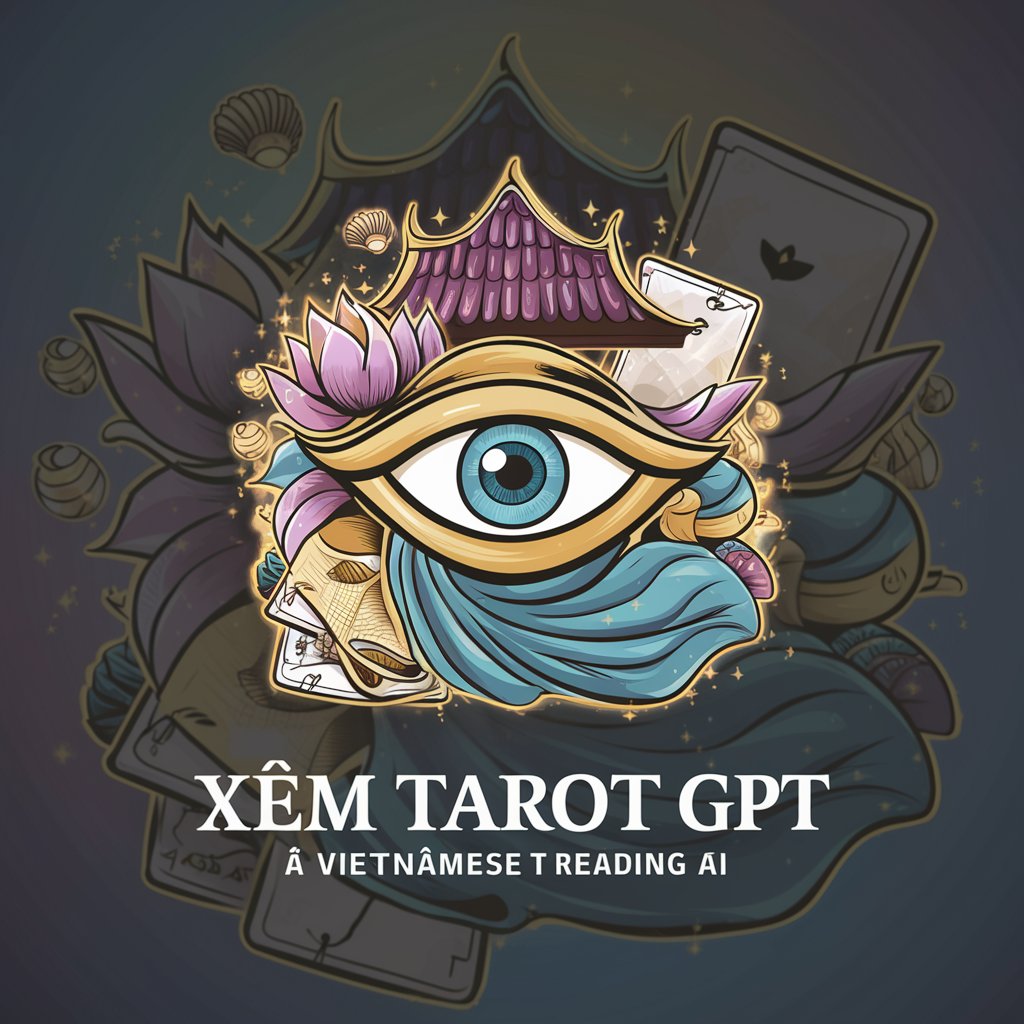
EvolveArt
Inspiring Artistic Journeys with AI
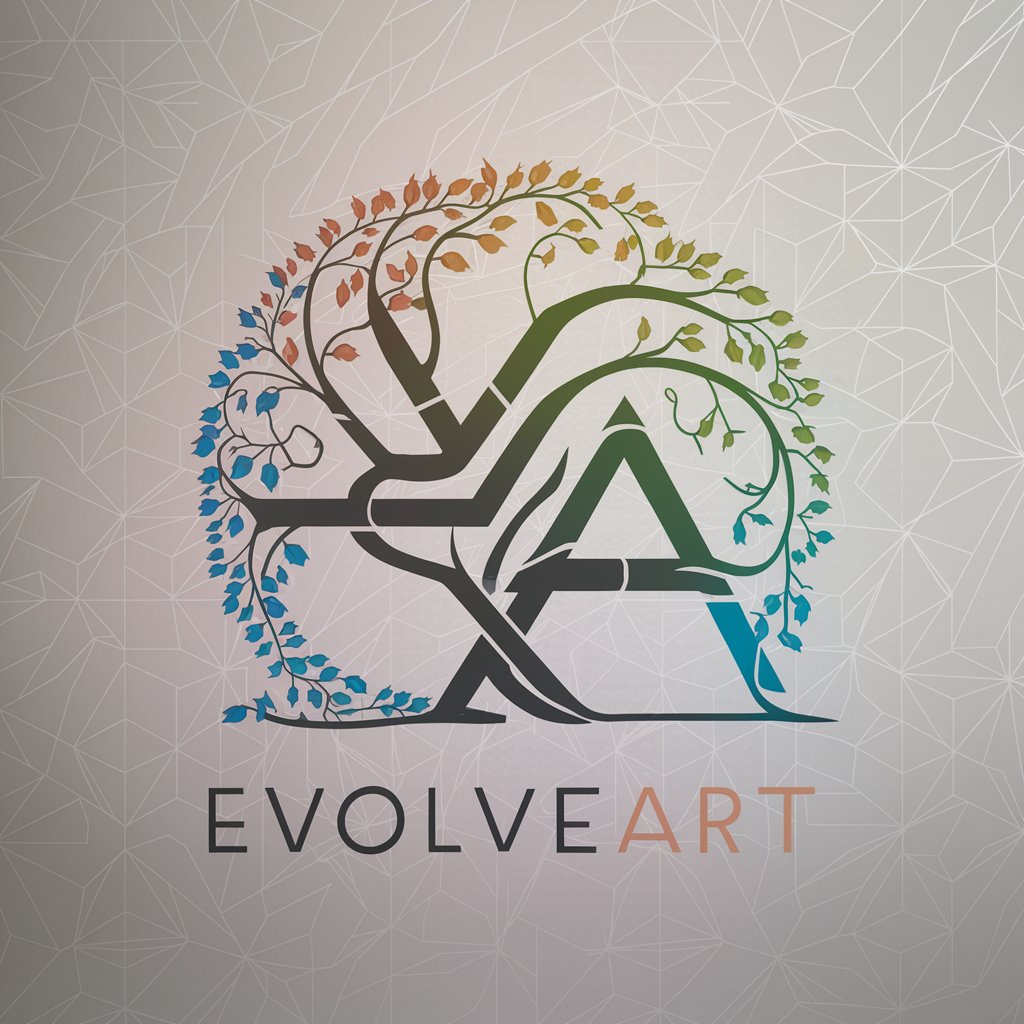
Visual Artists Career Guide
Empowering Artists with AI-driven Guidance

グチってAI
Empathetic AI for Emotional Relief
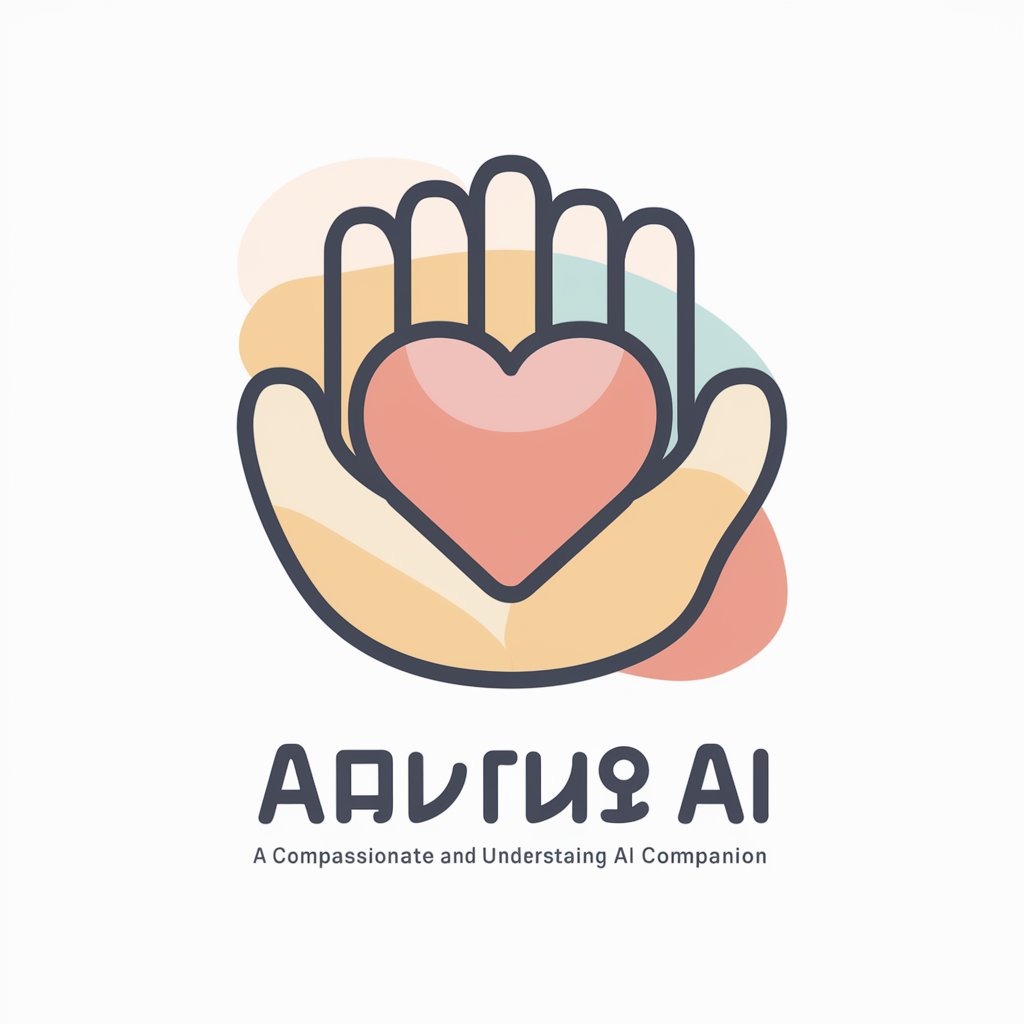
Awesome Mac
Empowering Innovation with AI

给蜜
Your AI-Powered Gen-Z Style Gay Bestie

壁纸巫师
Craft Your Space with AI-Powered Wallpapers

Data Analysis Report Creator
Transform Data into Insightful Reports with AI

ChangeGPT
Empowering Change with AI Insights
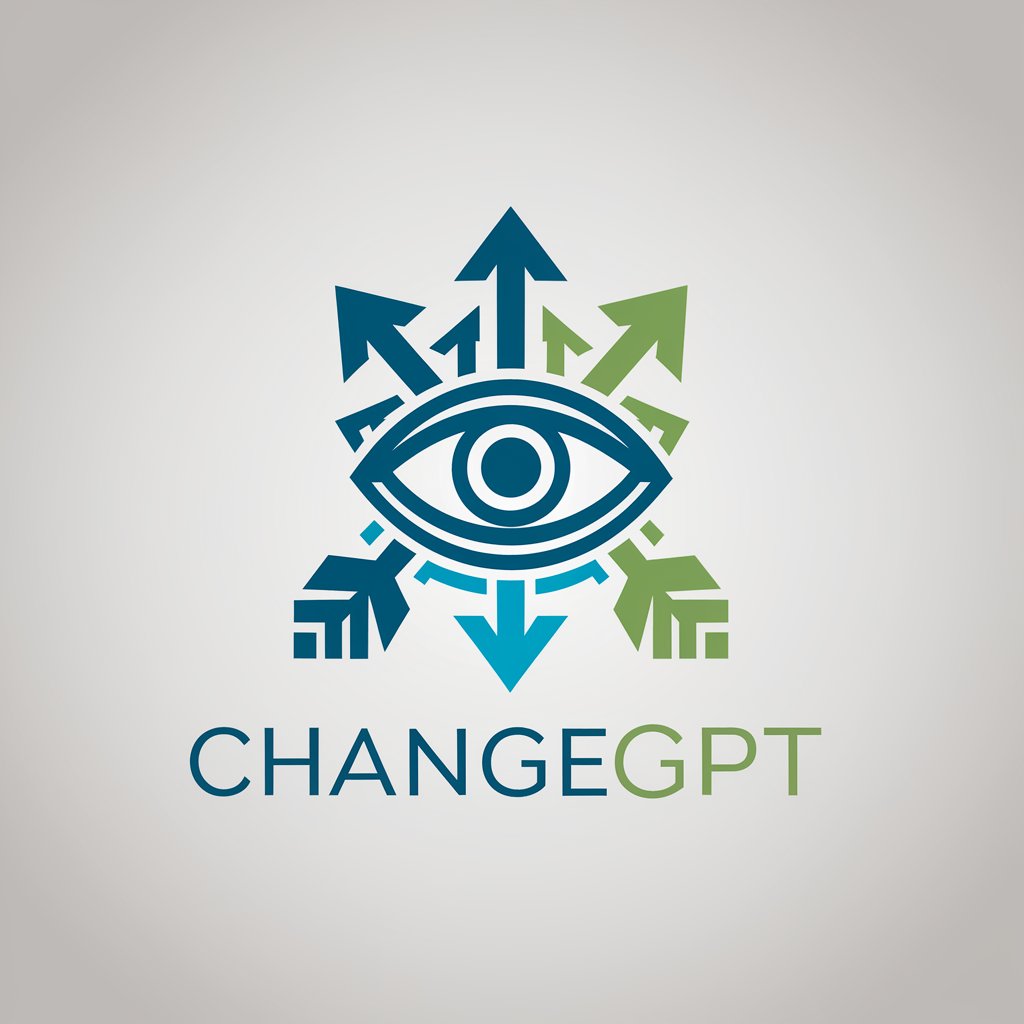
それな
Empathy-driven AI, Enhancing Conversations

Occult Guru
Unlocking the Mysteries of the Occult

Frequently Asked Questions about GPT API Code Companion
What programming languages does GPT API Code Companion support?
The tool is designed primarily for developers working with Python and Node.js, offering extensive support and detailed guides for these languages.
How does GPT API Code Companion handle API key management?
The tool provides best practices for API key management, ensuring secure and efficient handling of your keys during the development and deployment of your application.
Can GPT API Code Companion assist in constructing HTTP requests?
Absolutely, it excels in demonstrating how to construct HTTP requests across various programming languages, ensuring your integration with the OpenAI API is seamless and robust.
Is streaming of responses supported by GPT API Code Companion?
Yes, it provides guidance on how to handle streaming responses, enabling real-time data processing and enhancing the responsiveness of your applications.
What are some common use cases for GPT API Code Companion?
Common use cases include automating repetitive coding tasks, generating code snippets on-the-fly, integrating AI-powered functionalities into existing applications, and aiding in educational contexts to teach programming concepts.
